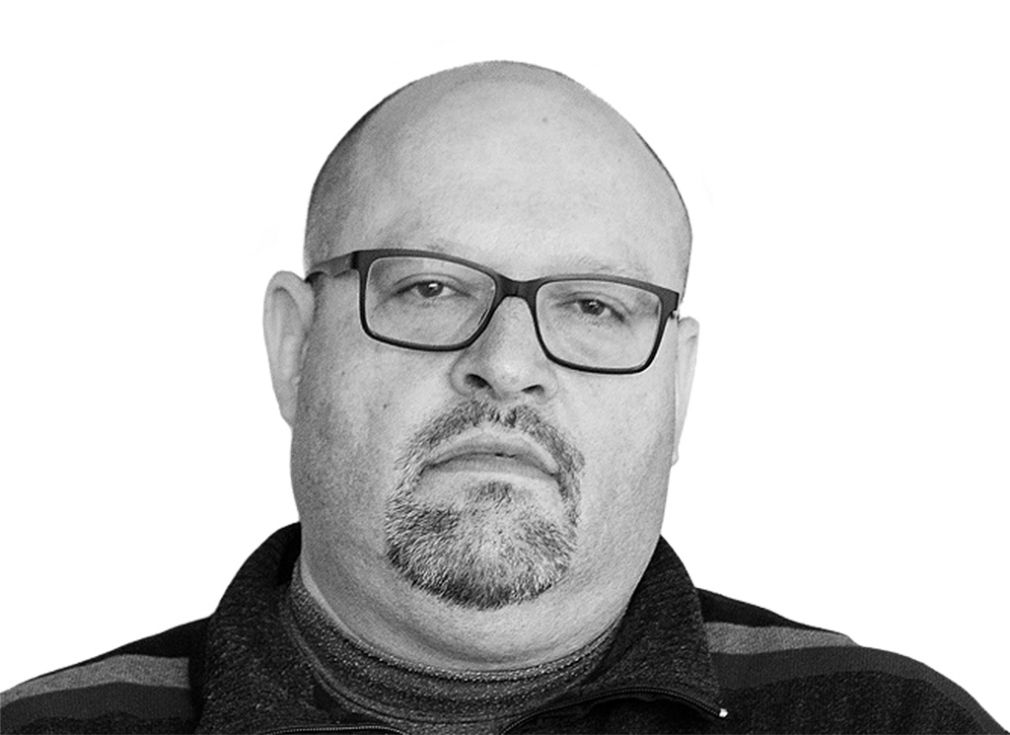By: Dr. Matevž Tomšič
One of the most worn out and the most misleading clichés found in modern political and media discourse on the old continent is that of “core Europe”. This is how the new Minister of Foreign Affairs, Tanja Fajon, explains to us at length how, now that “freedom” has won, we will return to its fold, after Janša’s government pushed us into the circle of “ugly” Visegrád group. Of course, this “core”, formed mainly by Germany and France, is supposed to be synonymous with something progressive, positive, good, while the eastern members of the European Union are still often portrayed as something backward, in short, bad.
Of course, this involves considerable simplifications, one could even say prejudices. And it is interesting that they are spread by those who are so fond of declaring themselves tolerant, open-minded, and broad-minded, who are so fond of attributing prejudice to others. This is a distinctly particularistic view of the actual situation, which uses an ideological filter of so-called progressivism. The countries of the eastern part of the Union are considered by the left pole of politics and the public to be problematic because people there are significantly less susceptible to ideological currents of the so-called new left; that is, they are not as enthusiastic about feminism, multiculturalism, awakening and the like as they are in some circles in the West. This is an expression of the illusion that only such ideological orientations are “correct”, that is, consistent with the principles of modern democratic society.
However, the development of events, especially in connection with the war in Ukraine, shows that the problems are right at the core of Europe. Let’s see which of the Europeans more decisively sided with the country that is the victim of the brutal aggression of its larger neighbour. Great Britain excelled here, to some extent also the Scandinavian countries, and especially the eastern EU members, led by Poland (the only exception among them is Hungary). However, the “German-French train” responded rather slowly. Germany is still unable to break its energy dependence on Russia; moreover, the latter made possible record earnings this year with this type of business, and thus continued financing of the war. French President Macron even suggested to his Ukrainian colleague Zelenskyy that his country give up part of its territory (so that Russian President Putin can be considered the winner). Can you imagine someone demanding that France give up Burgundy or Provence?
To paraphrase Shakespeare’s Hamlet: There is something rotten in core Europe. With its indecision, this contributed to the fact that the Kremlin autocrat’s appetites increased so much that he began to dream of restoring the Russian empire. The latter cultivated a rotten pragmatism in relation to Russia, which prioritised short-term economic benefits (cheap oil and gas) over the establishment of effective safeguards against its growing expansionism. It was a combination of naivety, incompetence, and greed. Now, some would like to achieve a return to normalcy at the expense of the country, which is a victim of this expansionism. This means reviving the spirit of the Munich Agreement in 1938, when the fate of one of the European countries (Czechoslovakia) was decided by the great powers, and the said country had virtually no say in the process.
The situation in this regard is also very problematic in Slovenia, as certain circles of influence here are strongly linked to Russia. Thus, a public appeal by a group of influential people from the left camp led by two former presidents of the country to change the policy towards the war in Ukraine appeared recently. His point was that under the guise of “struggle for peace” it is necessary to please the Russian side and thereby reward its aggressive policy. Unfortunately, such thoughts are not isolated in Europe today.
Dr Matevž Tomšič is a sociologist, university professor at the Faculty of Applied Social Studies in Nova Gorica, and president of the Association of Journalists and Publicists.

